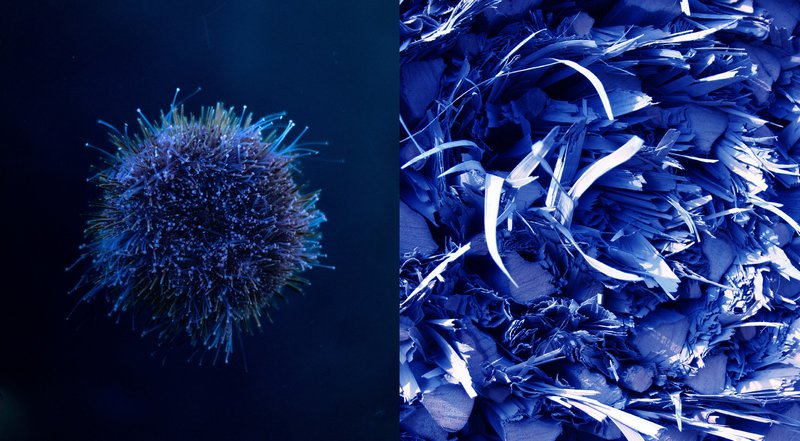From the earliest nomadic tribes to highly industrialised societies, humans have always designed with nature. Natural building materials have been central to the urban fabric and the cornerstone of human civilisation.
Hybrid Habitats
The Emergence of New Bio-Industrialisation

 CPD & CEU Credits
CPD & CEU Credits
1.00 Australian CPD ACT-SA-NT Points 1.00 Australian QLD - NSW - VIC - TAS - WA Points 10.00 NZ Registered Architects Board Points 1.00 Architects Registration Board UK Points
 Presented By
Presented By
Teulo Talks
Event Description
From the earliest nomadic tribes to highly industrialised societies, humans have always designed with nature. Natural building materials have been central to the urban fabric and the cornerstone of human civilisation. In some cases, technological evolution and industrialization enabled economic transformation, while in others—particularly in vernacular technologies and biomaterials—such evolution has been limited.
Today, new digital technologies present tremendous opportunities to explore innovative forms of bio-industrialisation. Hybrid Habitats: The Emergence of New Bio-Industrialisation will draw on insights from Habitat: Vernacular Architecture for a Changing Climate (2023) and Habitat: Vernacular Architecture for a Changing Planet (2017), alongside recent research and development, to examine how we can co-create resilient and adaptive habitats.
Key learning outcomes:
- Understand the historical relationship between human settlements and ecosystems.
- Identify the untapped potential of traditional building materials and technologies in contemporary construction.
- Explore emerging digital technologies and bio-industrial processes that enable new forms of sustainable habitat development.
- Evaluate the concept of hybrid habitats, where vernacular knowledge meets modern industrial opportunities.
- Critically reflect on the environmental, economic, and social implications of bio-industrialised construction in the context of climate change and urbanisation.
Speaker BIO: Dr Sandra Izabela Piesik | PhD MA AADipl BA(Hons)Arch AIA NACRAB ARB
Dr Sandra Piesik is an award-winning New York-based architect, author, and scientist specialising in a diverse range of subjects from art and design to implementing global sustainable legislation, nature-based solutions, innovation, the technology transfer of biomaterials, and contemporary adaptation of traditional knowledge.
She is the founder of 3 ideas, an Amsterdam and New York-based consultancy, as well as the Hybrid Habitats LLC in a startup based in California. Her work includes leading interdisciplinary projects for The Amaranthine Foundation, delivering international lectures, serving on competition juries, and nominating for awards. As a Visiting Professor at the Pratt Institute Graduate Programs in Architecture, Landscape Architecture, and Urban Design in New York, as well as at the New York Institute of Technology School of Architecture and Design, she has guided generations of students in developing award-winning, UN-endorsed projects
A stakeholder and network member of several UN and EU organisations, including UNFCCC: the Nairobi Work Programme (NWP), the Paris Committee on Capacity Building (PCCB), the Climate and Technology Centre & Network (CTCN), and the EU’s New European Bauhaus initiative. She is also an affiliate at the SETI Institute, California AIR Program.
Her published work includes: ‘HABITAT: Vernacular Architecture for a Changing Climate’ compact editions published in May 2023 by Thames & Hudson UK and Shufusha;
‘HABITAT: Vernacular Architecture for a Changing Planet’ (2017, Thames & Hudson, Abrams Books, Flammarion, Editions Detail and Blume) ’Arish: Palm-Leaf Architecture’ (2012 Thames & Hudson).
